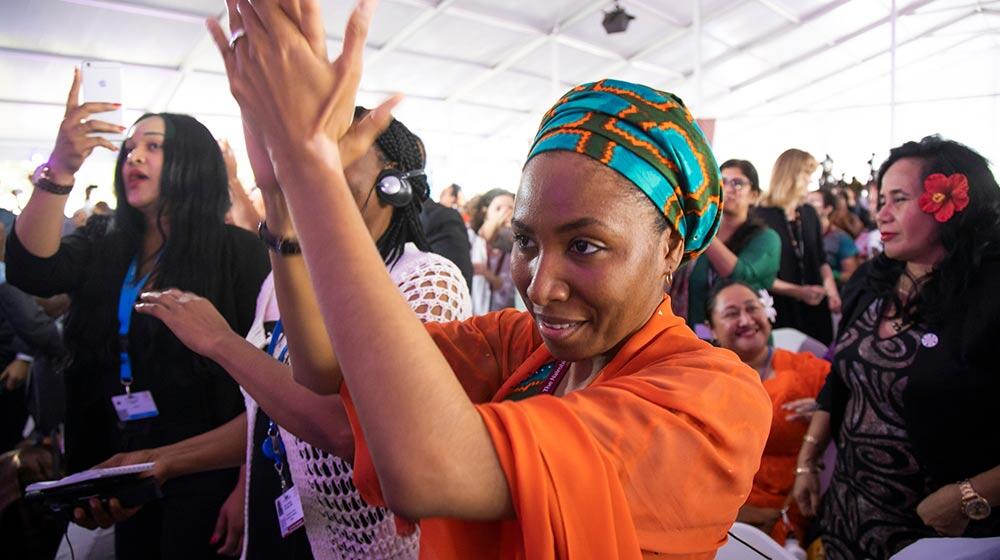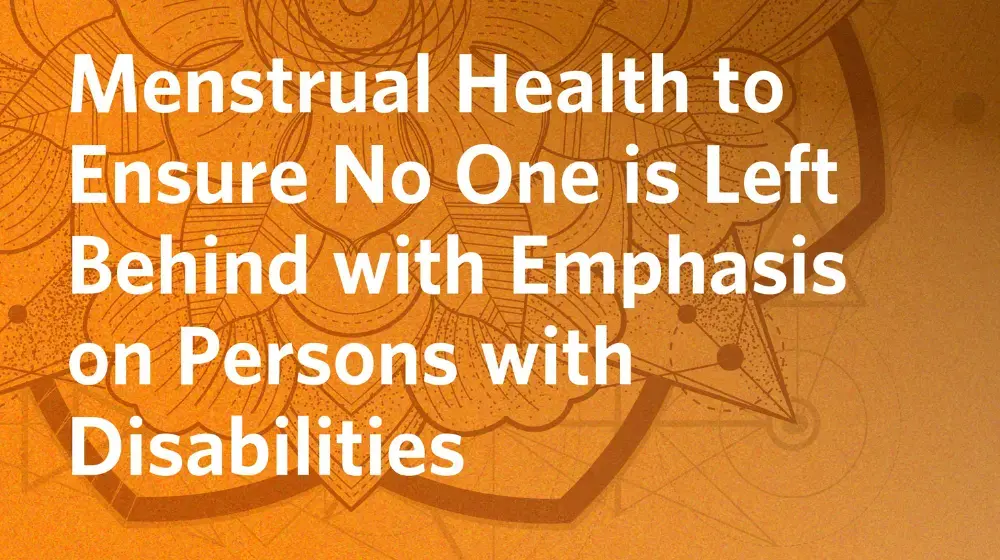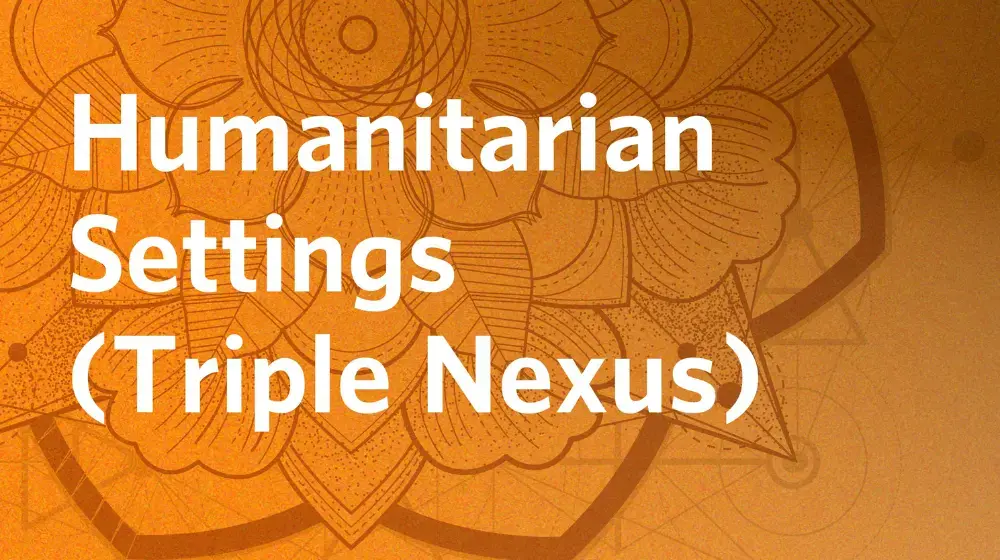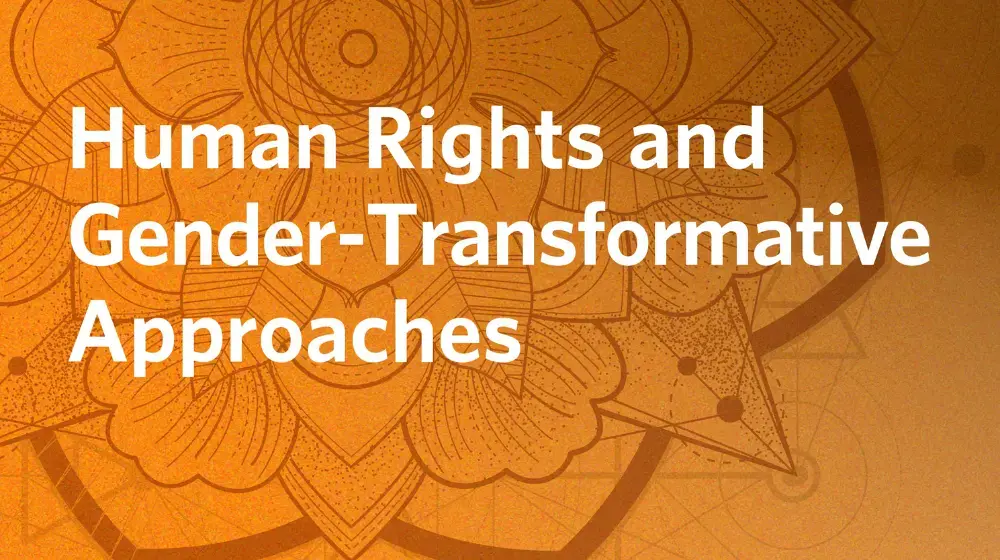UNITED NATIONS, New York – Even as the global COVID-19 pandemic disrupts economies and strains health and social services, governments and partners are signalling that their commitment to the health and rights of women and girls is unflagging.
One year ago, at the landmark Nairobi Summit on ICPD25, more than 8,000 delegates from 170 countries – representing governments, academia, civil society, corporate partners and others – made more than 1,250 commitments in support of sexual and reproductive health and rights.
The pledges focused on funding or implementing programmes to achieve zero preventable maternal deaths, zero unmet need for contraception, and zero gender-based violence and harmful practices like child marriage and female genital mutilation by the year 2030.
“The commitments made in Nairobi are more critical now than ever before,” says UNFPA Executive Director, Dr. Natalia Kanem. “Far from dampening our ambition, COVID-19 has only sharpened our focus and resolve.”
Pandemic complicates goals
In 1994, at the International Conference on Population and Development, world leaders agreed that the full potential of women and girls cannot be realized without first securing their sexual and reproductive health and rights. That includes their right to choose whether, when and with whom to have children, their right to live free of violence, and their right to the highest attainable standard of reproductive health.
Yet more than a quarter century later, progress towards this goal remains too slow.
Even before the pandemic, an estimated about 808 women died from preventable causes related to pregnancy and childbirth every day. In 2019, an estimated 217 million women in developing regions wanted to avoid pregnancy but were not using safe and effective family planning methods. Lack of comprehensive sexuality information left millions of young people ill-equipped to make some of the most consequential decisions in their lives.
All of these concerns have been made more pressing in recent months, as pandemic wreaks havoc on health and social service systems around the world.
Family planning and contraception, for example, are among the most frequently disrupted health services, according to the World Health Organization. Some 7 in 10 countries are experiencing disruptions. Reports of gender-based violence are surging among women under lockdown.
Steadfast resolve
Yet amid these challenges, donor governments are already substantially delivering on the commitments they made – which included more than $8 billion in financial pledges. Some summit participants are even surpassing what they promised a year ago.
The Government of the Congo had committed to increasing the quality of obstetric care, especially emergency obstetric care. “We were able to launch the first phase of that project in August,” said Jan Willem Scheijgrong, of the company Philips, which is partnering with the Government on this goal.
“We hope that in 12 months’ time to collect the evidence and scale up across the entire country,” he added.
“While COVID-19 has made the road ahead more challenging, our march forward continues,” Dr. Kanem said.
“Success is assured if we hold steadfast to the commitments made in Nairobi. Our ambitions are great, and our collective will is greater.”





